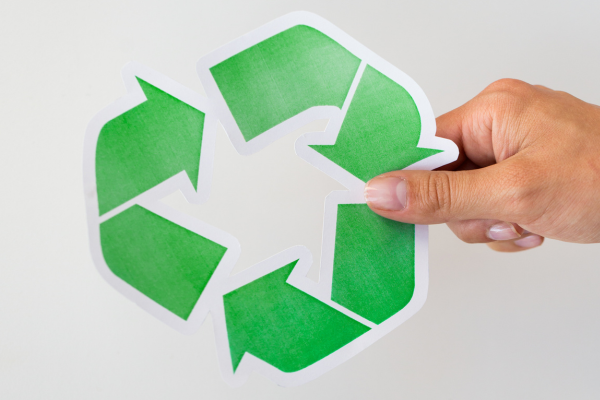The recycling of the waste that we generate in cities is a fundamental lever to progress in decarbonization. An example of this is the use of organic waste or biowaste, mainly food and vegetable remains, to produce renewable energy, biofuels or natural fertilizers.
Therefore, by separating our household waste and depositing it bins, we are enhancing the planet's sustainability. However, even though our environmental sensitivity is at its highest, the municipal waste recycling rate in Spain in 2020 (35%) was well below the 50% target set by the European Union. This gap may continue to widen, as the target rate will grow in the coming years to 55%, 60%, and 65% in 2025, 2030, and 2035, respectively.
This situation contrasts with the high level of citizen involvement in other activities linked to urban sustainability, such as platforms that reduce food waste by connecting people or organizations with leftover or near-expiration food with others that can make good use of it.
Why have these initiatives for the good use of food been appealing to the citizen? I highlight four reasons:
- On many occasions, they start from civil society itself, which is aware of the problem and empathizes with it.
- Its positive social impact is perceived very directly.
- They are designed having in mind their functionality for all parties involved.
- Contributors and beneficiaries trust the people or organizations that manage them.
In my opinion, if we compare these characteristics with those of current urban recycling systems, particularly those related to biowaste, the conclusion is clear: significant recycling rates increase requires new formulas that place the citizen at the centre. This challenge can be an excellent opportunity to apply innovative public procurement models by local governments.
